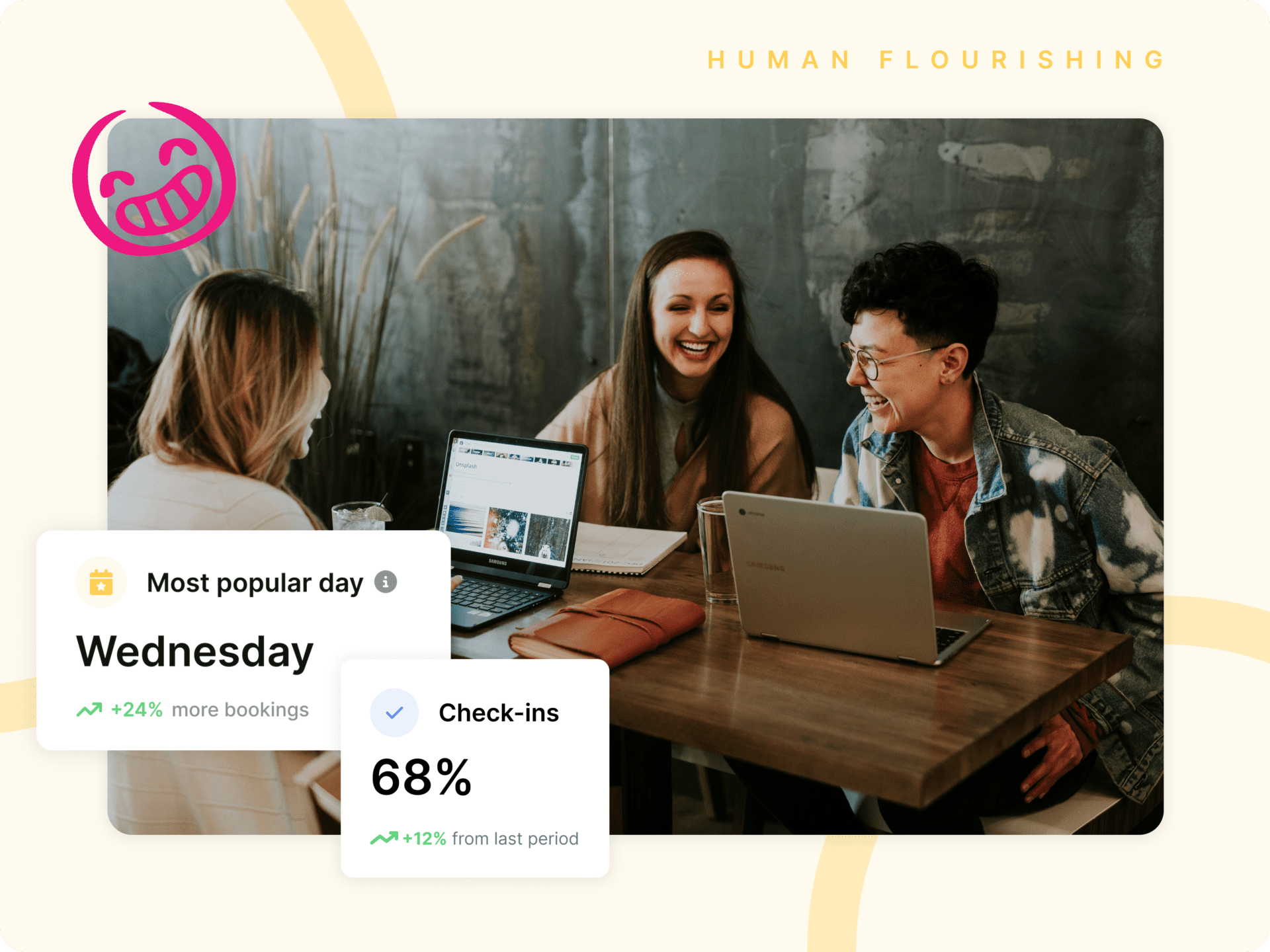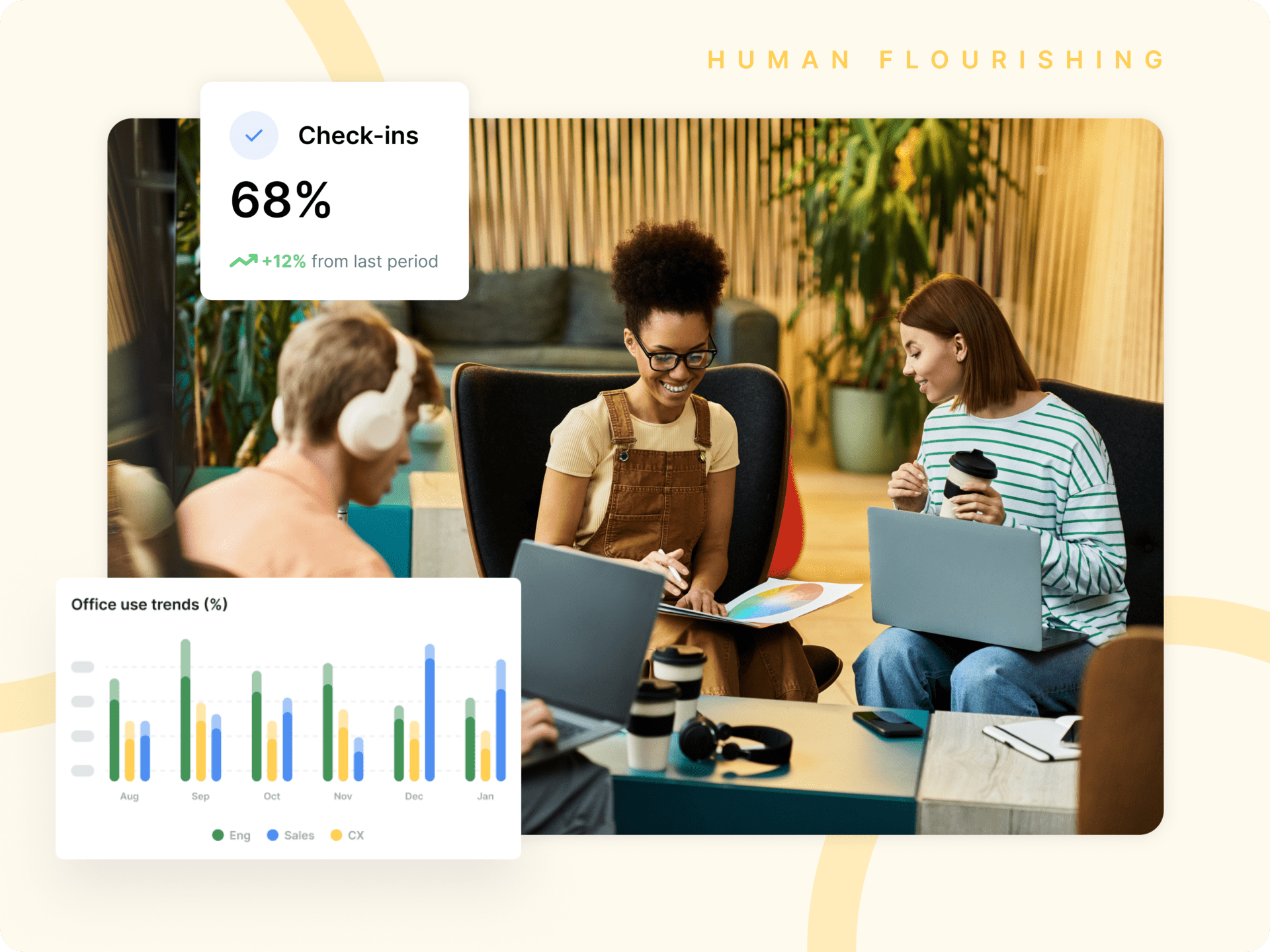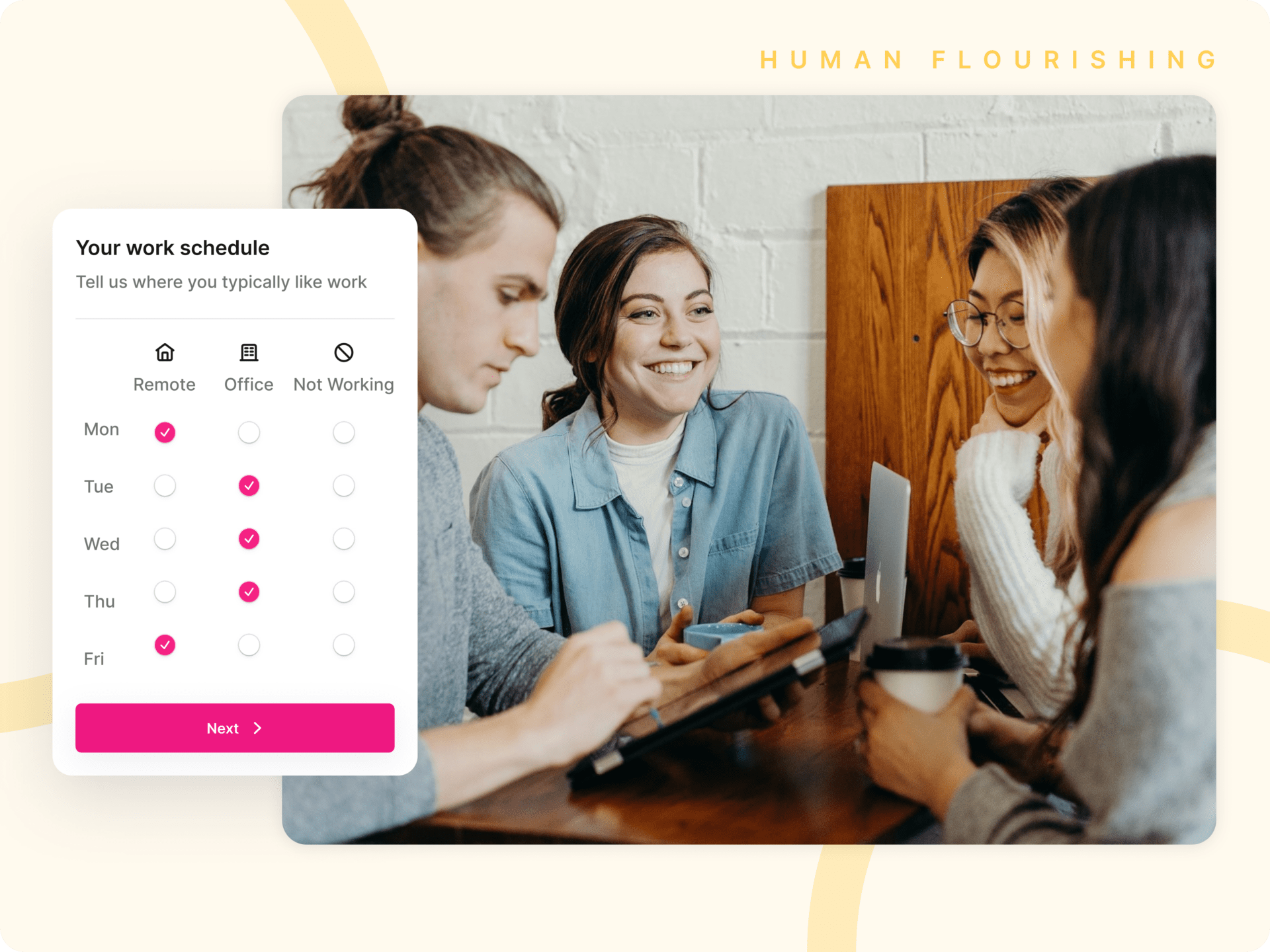As the founder of wmpeople, I’ve witnessed firsthand the evolution of flexible working and its impact on countless lives.
Over the years, my platforms have become a haven for parents and caregivers seeking work that accommodates their unique life circumstances.
In its early days, flexible working was often equated with part-time roles or job-sharing arrangements. There was a common belief that working fixed hours at a set location each week somehow lacked true flexibility.
But my experience has shown me that flexible working is a multifaceted concept, encompassing compressed hours, annualized hours, term-time working, flexible start and finish times, and self-scheduling.
Flexible work is as diverse and adaptable as the individuals it seeks to support.
What about the ‘when’?
We often get so focused on the ‘where’ of work — office vs. remote, for example — that we forget that the ‘when’ is just as important.
One poignant story I encountered recently on workingwise was about a woman with severe arthritis who had to quit her job as a school technician. Her condition requires flexibility, not just in where she works, but when she works. Having the ability to work around her pain, at her own pace, could make a significant difference in her life.
Parents have also felt the brunt of rigid work schedules. During the pandemic, I saw countless families on workingmums and workingdads struggling to balance homeschooling with work. These parents needed the flexibility to shift their hours, often working in tandem to manage their children’s education and their professional responsibilities.
Although schools are back, the need for adaptable working hours remains, especially as we face ongoing disruptions like climate events, health crises, and childcare challenges.
Control and communication
Countless studies point to a simple truth: the more control you have over when and where you get work done, the happier you are.
The best part? This kind of flexibility serves the employer as well as the employee. In many successful teams I’ve observed, flexibility enhances productivity (benefiting the business) as well as work-life balance (benefiting the individual).
In our 24/7 society, having some flexibility over when we work is essential. This can be effectively managed with careful planning, robust communication, and a focus on output rather than strict hours.
Employers can set core hours to maintain coverage during busy times, but allowing some leeway in how any remaining hours are used can be a win-win for everyone.
In helping all sorts of people find the work that’s right for them, I’ve seen the profound impact that flexible work arrangements can have.
They empower individuals, especially those with caregiving responsibilities or health concerns, to continue contributing their skills and talents to the workforce — on their own terms.
As we look to the future, I remain committed to advocating for greater flexibility in the workplace. It’s not just a policy; it’s a pathway to a more inclusive, understanding, and productive work environment.
Mandy is the founder of wmpeople, the umbrella company of workingmums, workingdads and workingwise. These networks improve the world of work for everyone by inspiring and promoting best practice in diversity and inclusion amongst employers, and connecting jobseekers to work that matches their situation.




